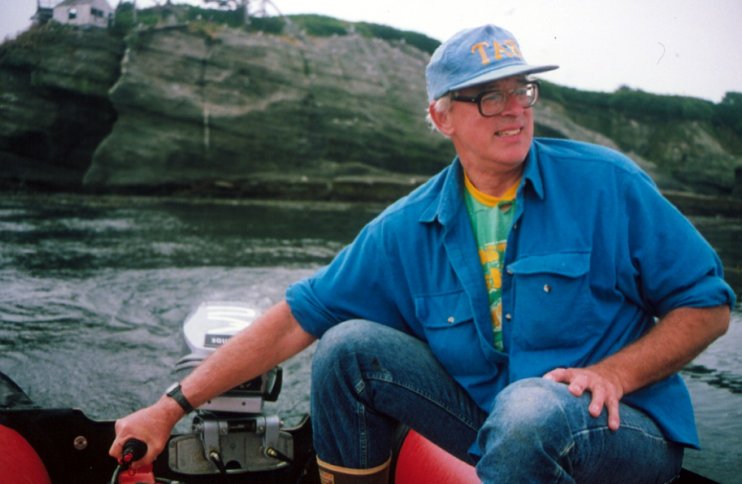Influential ecologist Bob Paine dies at 83


A free daily email with the biggest news stories of the day – and the best features from TheWeek.com
You are now subscribed
Your newsletter sign-up was successful
Robert "Bob" Paine, the ecologist famous for identifying "keystone species," died Monday in Seattle of acute myeloid leukemia. He was 83.
Born in Cambridge, Massachusetts, in 1933, Paine said he was "utterly fascinated" by ants as a toddler, and he went on to spend his life studying the natural world. Paine, a zoology professor at the University of Washington from 1962 to 1998, was a "giant in the field of ecology," Jennifer Ruesnik, a University of Washington biology professor, told the Los Angeles Times.
In the 1960s, Paine conducted several experiments off the coast of Washington that introduced the concept of a keystone species, which maintains the diversity of its ecosystem. His experiments showed that if you remove the top predator from the shoreline, the common sea star, it changes everything, with the mussels that starfish once ate pushing out other species. He made this discovery during an era when conducting experiments in the field wasn't the norm. "He used to refer to it as 'Rambo ecology' because you had to do dramatic intervention to understand how the natural world works," Ruesnik said.
The Week
Escape your echo chamber. Get the facts behind the news, plus analysis from multiple perspectives.

Sign up for The Week's Free Newsletters
From our morning news briefing to a weekly Good News Newsletter, get the best of The Week delivered directly to your inbox.
From our morning news briefing to a weekly Good News Newsletter, get the best of The Week delivered directly to your inbox.
A free daily email with the biggest news stories of the day – and the best features from TheWeek.com
Catherine Garcia has worked as a senior writer at The Week since 2014. Her writing and reporting have appeared in Entertainment Weekly, The New York Times, Wirecutter, NBC News and "The Book of Jezebel," among others. She's a graduate of the University of Redlands and the Columbia University Graduate School of Journalism.
